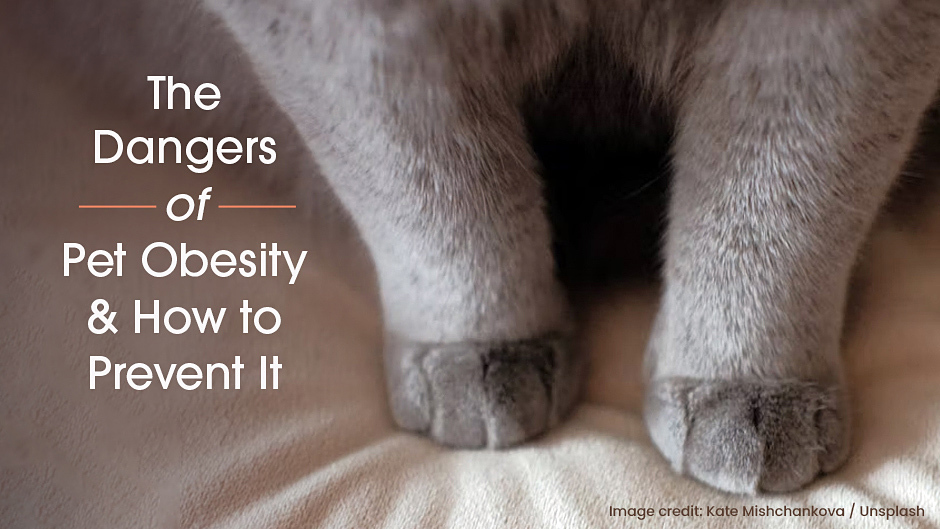Just like humans, our pets can suffer from obesity. As pet owners, it’s our responsibility to make sure our animal companions stay at a healthy weight. Not only does obesity limit your pet’s mobility, but it can also lead to a host of health problems and make your pet more susceptible to disease. Here’s what you need to know about pet obesity and how to prevent it.
What Causes Pet Obesity?
There are a number of factors that can contribute to pet obesity, including genetics, age, activity level, and diet. For example, some breeds of dogs are more prone to weight gain than others. Some older pets may be more likely to be obese because they tend to be less active and have a slower metabolism. Additionally, pets who don’t get enough exercise are also at risk for weight gain. Finally, an unhealthy diet is one of the main culprits behind pet obesity. Just like with people, if pets eat too much food and consume too many calories, they will gain weight.
The Dangers of Pet Obesity
Pet obesity can lead to a host of health problems in both dogs and cats, including joint pain, orthopedic issues, respiratory difficulties, gastrointestinal problems, diabetes, high blood pressure, and cancer. One of the best ways to prevent these problems is by keeping your pet at a healthy weight.
Tips for Preventing Pet Obesity
The best way to prevent pet obesity is by feeding your pet a healthy, quality diet and making sure they get enough exercise. When it comes to diet, talk to us about how much food your pet needs each day and what type of food is best for their specific breed and health condition.
When it comes to exercise, take your dog for a walk or run every day, or play fetch with them in the backyard. If you have an indoor cat, invest in some toys that encourage them to move around and stay active. If you have questions about the right amount and type of exercise for your pet, please schedule an appointment with us.
Pet obesity is a serious problem that can lead to numerous health complications down the road. As a responsible pet owner, it’s important to do everything you can to prevent your furry friend from becoming overweight or obese. The good news is that there are plenty of things you can do to help keep your pet at a healthy weight throughout their life. We’re here to help each step of the way!

